Are you a Matcha seller? Join as a Vendor
IFS Certified is a globally recognized food safety standard that audits matcha producers annually to ensure quality, traceability, and legal compliance.
There are no results matching your search
There are no results matching your search Reset filters?
IFS Certified is an internationally recognized standard that evaluates food producers’ ability to manufacture safe, authentic, and high-quality products according to legal requirements and customer specifications. For matcha producers, this certification provides a framework for food safety management throughout the entire production process.
The certification process starts with companies implementing IFS requirements internally, often with help from recognized consultants. Annual audits are conducted by accredited certification bodies using detailed checklists that evaluate food safety protocols, hygiene practices, traceability systems, and legal compliance. At least one out of every three audits must be unannounced to maintain “Star Status.”
IFS uses a risk-based approach that allows custom solutions tailored to company-specific risks. The scoring system evaluates compliance levels and drives continuous improvement. Over 20,000 IFS Food certificates have been issued worldwide, making it a globally accepted standard.
IFS certification covers several critical areas for matcha production facilities:
The standard includes specific risk management tools like the IFS Trend Risk Monitor, which tracks raw material safety and food fraud issues. This is particularly relevant for matcha, where authenticity and origin verification are important quality factors.
IFS certification helps matcha producers build consumer confidence in product integrity while reducing operating costs through improved efficiency. The certification facilitates market access by meeting retailer requirements and reduces audit frequency through mutual recognition among major food service companies.
For specialty products like matcha, IFS certification demonstrates commitment to product safety and consistency. The standard’s emphasis on traceability supports authenticity claims about origin and processing methods. Companies gain access to support tools including the IFS Database, internal audit software, and mobile apps for audit management.
Matcha producers can prepare for IFS certification through approved training programs or e-learning courses. The standard complements other food safety frameworks like ISO 22000 and HACCP, creating a robust quality management system.
Version 8 of the IFS Food Standard is recognized by the Global Food Safety Initiative (GFSI), confirming its alignment with global food safety benchmarks. This recognition is particularly valuable for matcha brands looking to expand into international markets where retailers require GFSI-recognized certifications for supplier qualification.
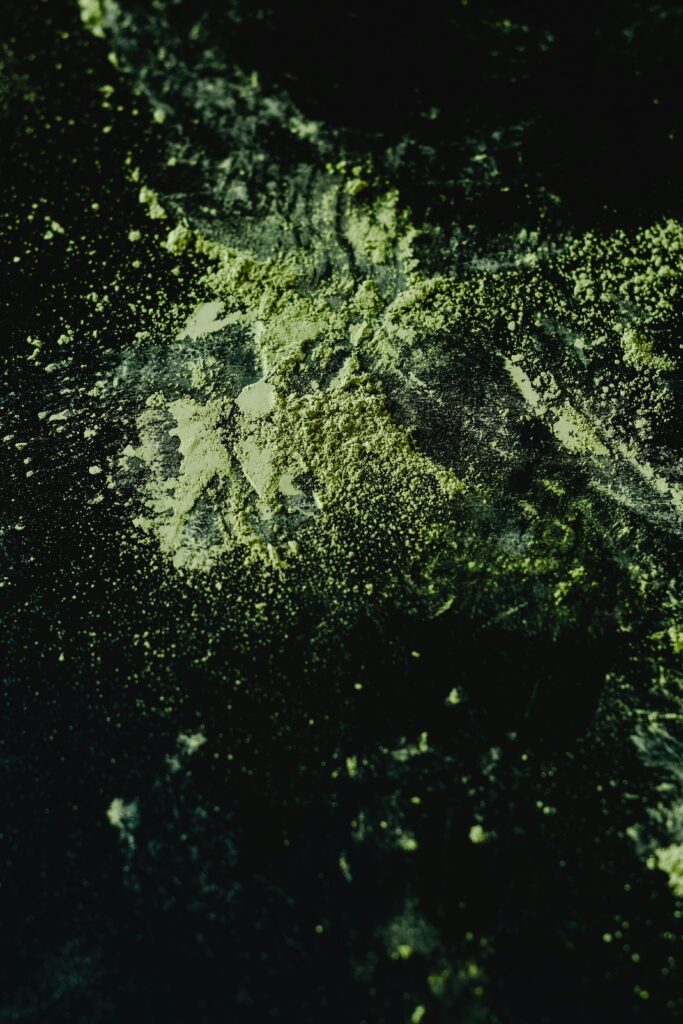
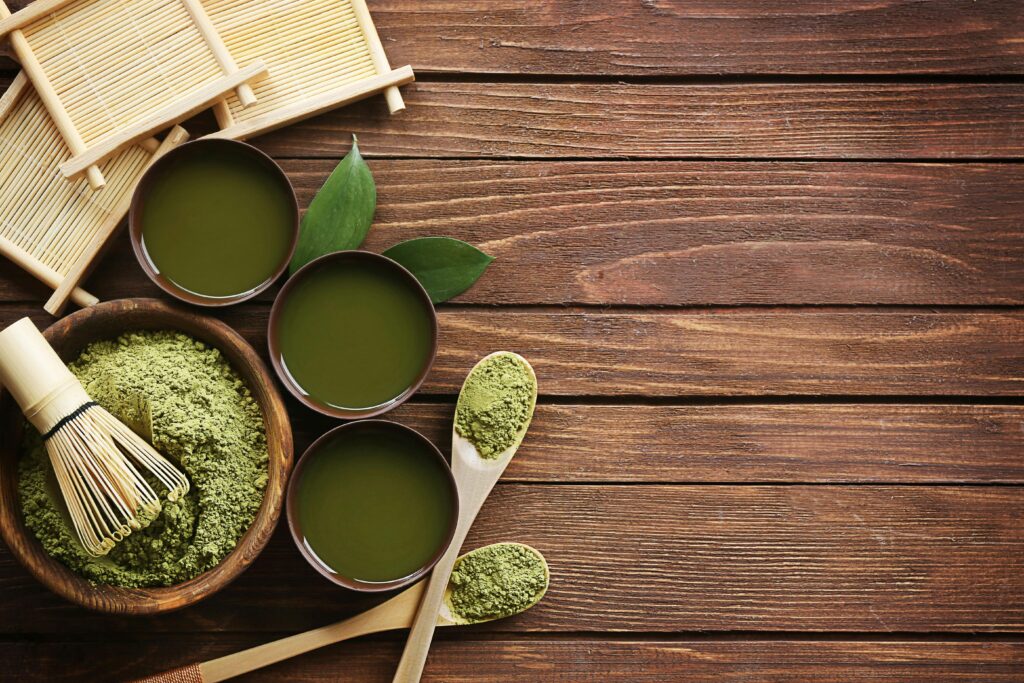
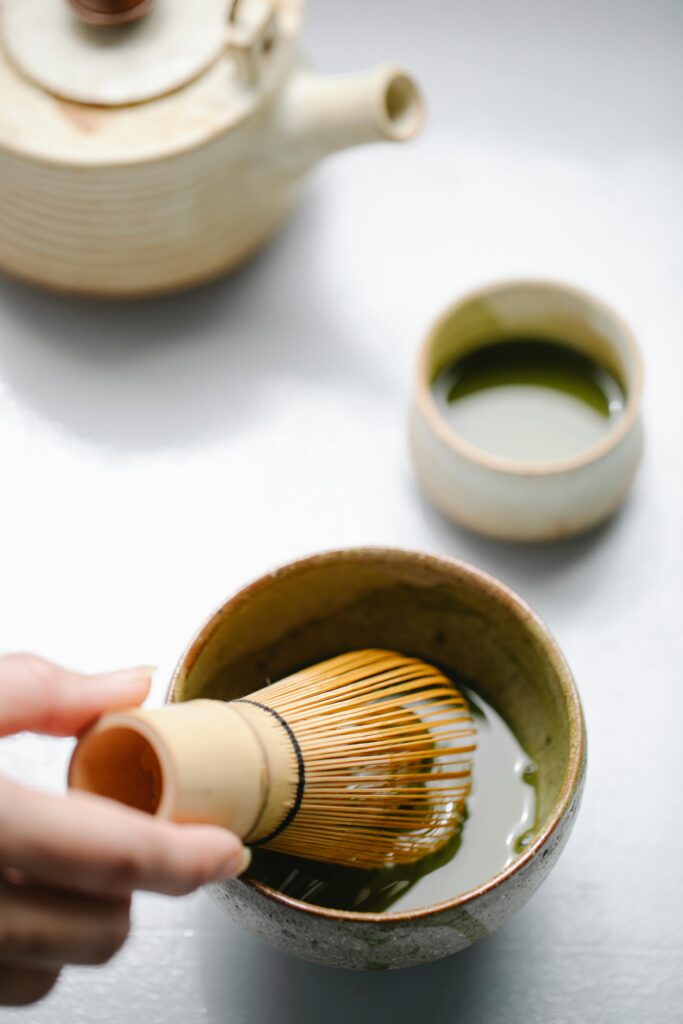
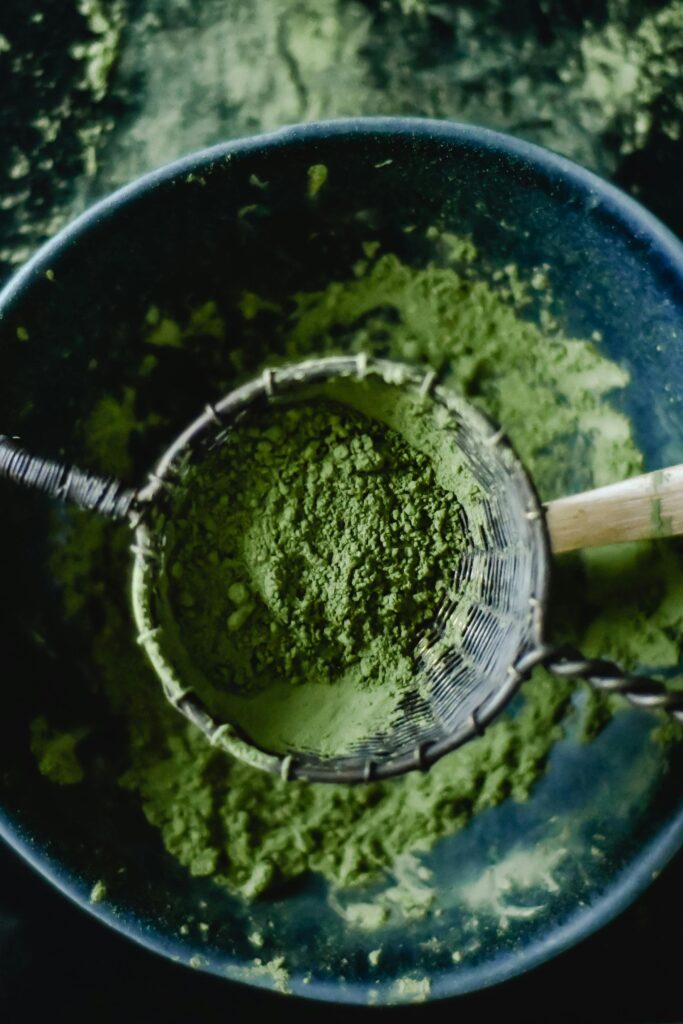
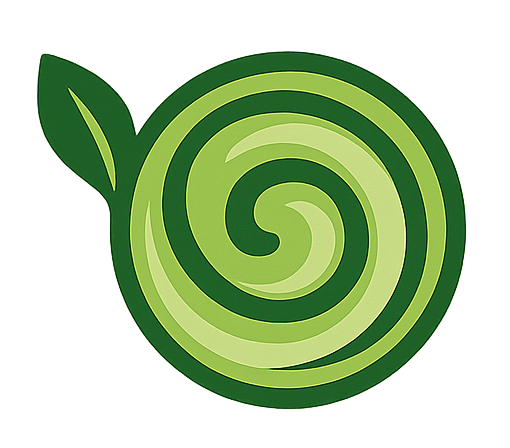
Join our mailing list to receive updates and exclusive tips.
There are no results matching your search